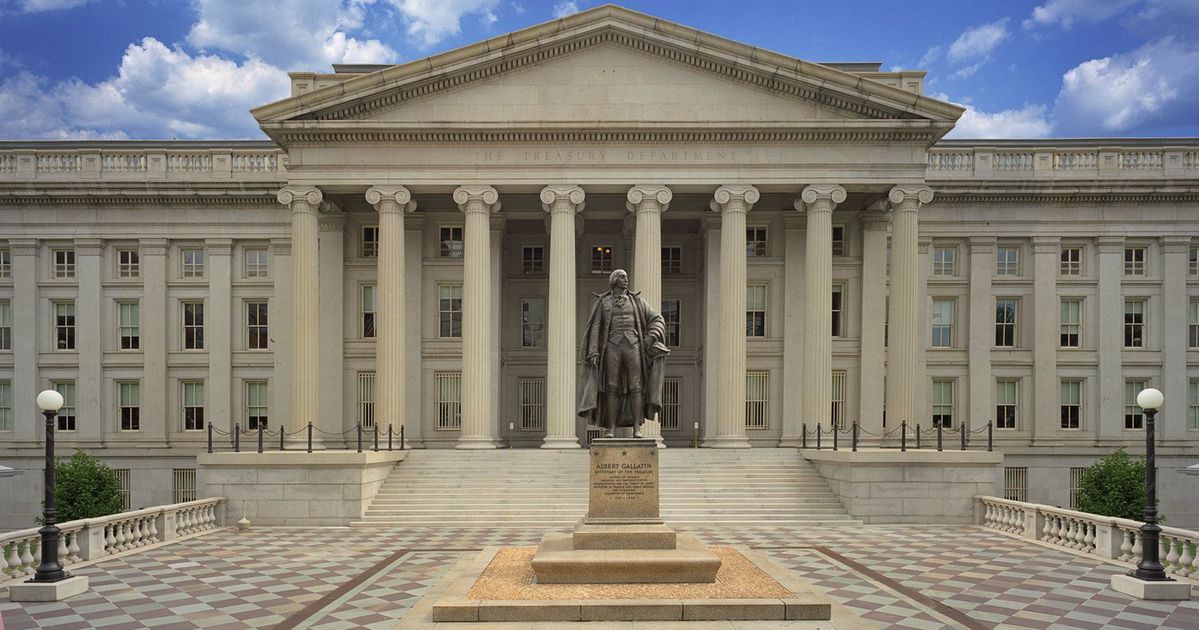
Within the next several months, the US Department of the Treasury will be writing new regulations for the antiquities trade that remove some of the traditional secrecy regarding the ownership and provenance of objects bought and sold, and it is likely that similar rules will be extended to the art trade in the coming year as well. The intention is to counter money laundering, which the government has identified within both the antiquities and art trade. Last December, Congress voted to include antiquities dealers as financial institutions whose operations should be regulated by the Bank Secrecy Act –a 1970 law that has already been expanded at other times to include casinos, check-cashing institutions and pawn shops.
The US antiquities trade “has become an area of concern,” according to New York City lawyer Michael McCullough, “because a number of cases have arisen in which stolen antiquities have been recovered in the US.” Some of the original sources of those objects, he added, were “problematic,” such as foreign governments and even the terrorist group ISIS, he adds. “There are a lot of questionable characters who operate out of places where there is little regulation.”
The Treasury Department, through its Financial Crimes Enforcement Network (FinCEN), is currently in the process of soliciting comments from the those involved in the antiquities trade for what type of regulations should be applied. Among the questions for which FinCEN is seeking responses is the monetary threshold that should be subject to regulation – should it be more than $10,000, which is the amount adopted in the UK, or $100,000, for instance – and if the identity of the ultimate owner should be revealed. It is not uncommon that objects are purchased by advisors on behalf of clients, for example, but who those clients are (a trust? a foreign government or limited liability corporation) might be unknown to the antiquities dealer.
Some in the antiquities trade have raised concerns about vagueness in the Anti-Money Laundering Act of 2020 and the regulations that would be applied. “Congress passed a law without indicating the extent of the problem it is trying to solve,” says Peter Tompa, a Washington, DC-based lawyer who represents several numismatic dealer organisations, some of whose members sell antique coins. “The term ‘antiquities’ itself isn’t defined in the law. Antiquities are different than antiques, so the problem may be very large or very small, depending on who we’re talking about.”
He also expressed unease at where information on individual buyers is to be stored by dealers and with which government agencies it will be shared. “You don’t want to scare off buyers.”
According to authorities, lessening secrecy is the ultimate aim of the new law, which also calls for FinCEN to investigate the need for regulation of the art trade. There is little doubt on either side that new rules for disclosure of the identity of art buyers and the sources of their money and objects are coming.
“I’m telling clients who don’t want to provide a lot of information, wanting to be more private, that they are going to have to become comfortable” with this, says Diana Wierbicki, a partner in the New York law firm Withers who leads its global art practice. “This will become a normal protocol.”
Source link : https://www.theartnewspaper.com/news/antiquities-trade-should-prepare-for-more-government-oversight












